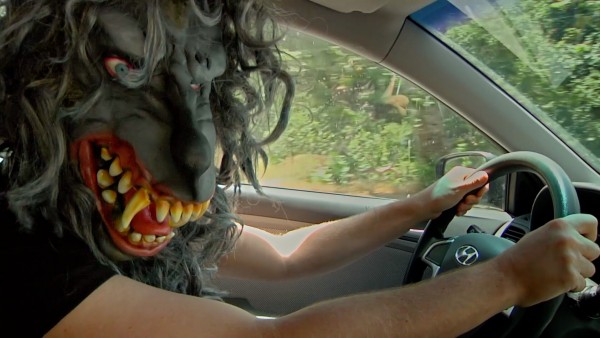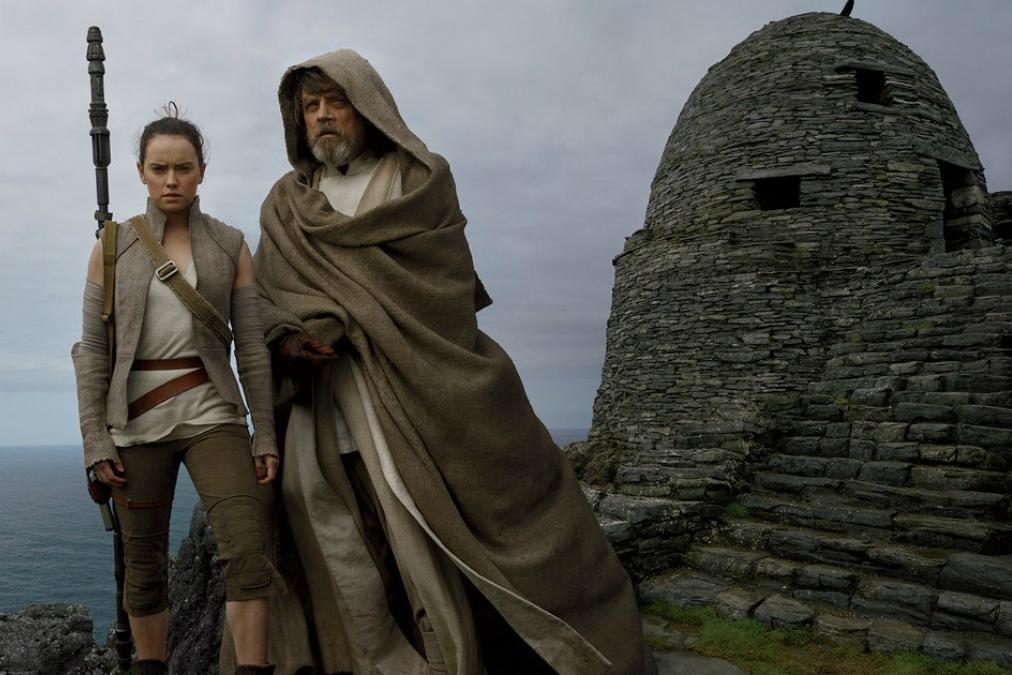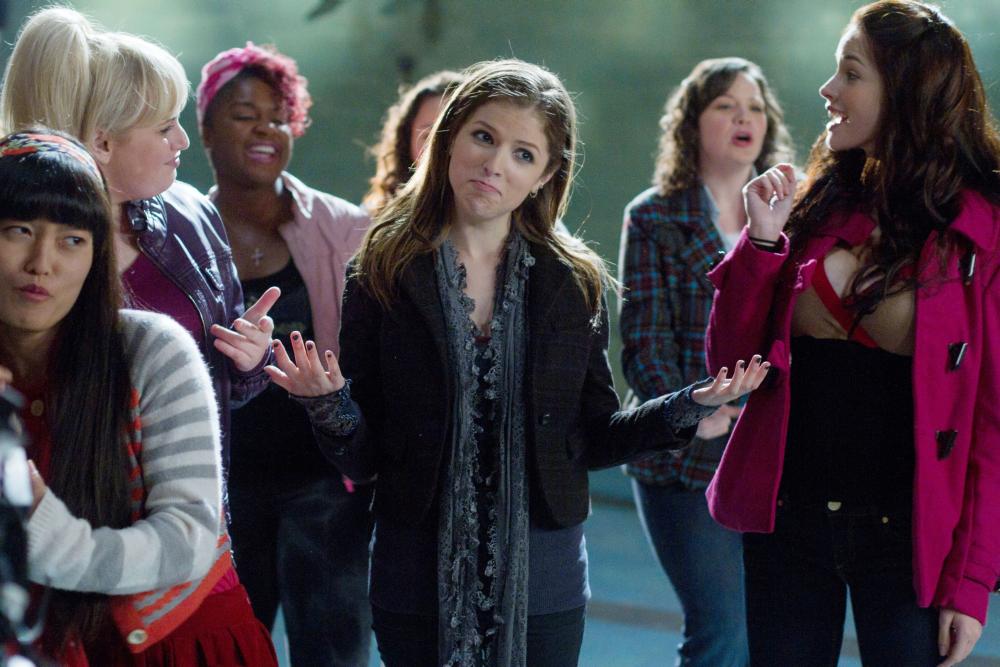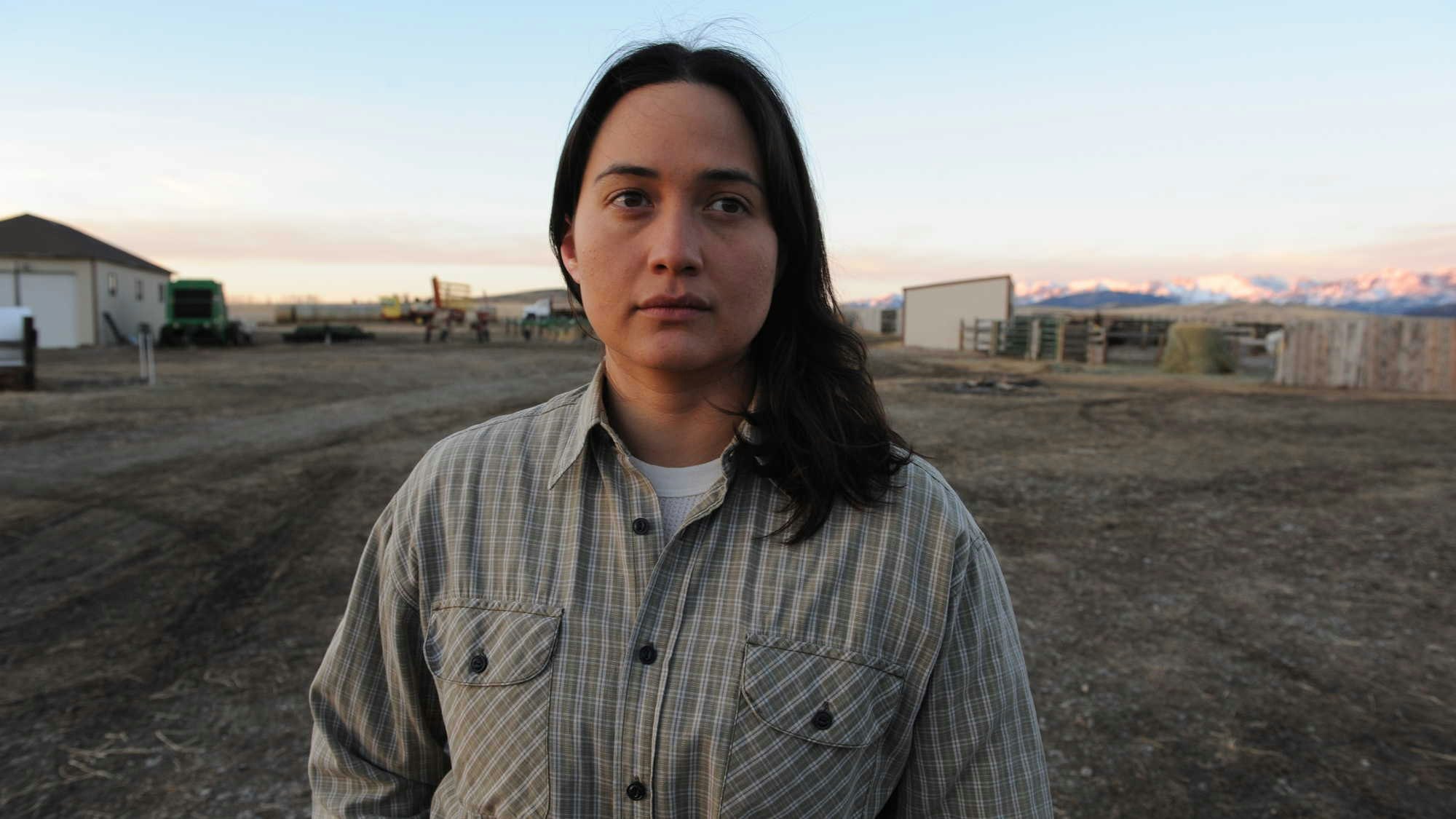Eventually, we shall become evolved enough to make only as much fuss about a movie based on the international bestseller the Bible as we would about another Harry Potter. Whether you believe or not, the Noah legend has been part of our lives since the year dot, reliably passed down from one generation to the next – and its tale is at least as full of wonders and wizardry, narrow escapes, and Great Things Happening as any more contemporary literary phenomenon.
This current adaptation’s co-writer/director, Darren Aronofsky, proved with 2006’s The Fountain that he can mount a religiose folly with intelligence and visual flair; his 2008 triumph The Wrestler (itself more than a little Jesussy) showcased a facility for turning conflicted human beings into mythic archetypes, and vice versa. Yet there’s equally something of the scientist about this filmmaker, as evidenced by his 1998 breakthrough Pi and the weights and measures of 2000’s still-astonishing Requiem for a Dream.
Both approaches are on display in Noah, which mounts its Old Testament spectacle on the grandest imaginable scale, but continually submits individual elements to a surprising level of scrutiny. It’s the work of a 21st century filmmaker who’s taken a huge chunk of Paramount money to see whether this story still holds water; it feels like the most experimental event movie in some time.
If you like Great Things Happening, then Noah is certainly full of them: the creation of a vast, credibly inhabitable ark, for starters, along with swarms of snakes and birds, armies being smashed into the ground – even before the deluge arrives to wash everybody away. Yet it’s also stocked deep with small, personal details that merit closer examination – for creation, surely, is as dependant on pollen and spermatozoa as it is on Big Bangs.
In the beginning, a lone flower pokes through the soil – a miracle in its own right, prompting Noah (Russell Crowe) to deliver unto middle son Ham (Logan Lerman) a lesson about the ways Man should live upon the land: “We only take what we need.” A theme is being established: propagation, and what we do to ensure the survival of the species – an urge that transcends the source material, as felt back in Ham’s day as it is among anybody expecting another extreme weather front to roll in.
So there’s some Al Gore in here, and some Darwin, too: putting Crowe at the helm of a big boat can’t help but recall 2003’s studious Master & Commander. The film is ultimately pro-family values – as was The Book – but it keeps finding enlightened ways to explore and dramatise them: there’s fierce debate within the movie as to whether the flood represents a blessed, God-given do-over, or a curse.
Crowe’s Noah is a foursquare, practical man inclined to put up, shut up and do what he’s told: his conviction will drive him to consider some terrible acts, the grey beard he assumes at sea only underlining his conservative bearing. Alongside him, Jennifer Connolly’s grave beauty is put to pointed use, as her Naameh – Mrs. Noah – questions why these events are taking place, and what might be done to get everybody through them alive. (Their dynamic suggests an alternative title: Take Shelter.)
Not all of Aronofsky’s inventions work, and the film occasionally succumbs to the usual temptations of the Hollywood flagship movie. Speedfreak cutaways to Eden’s hissing Serpent scream “immoral acts!” just as surely as those pink triangles once inserted into C4’s foreign films. And I wasn’t quite sure what Aronofsky was getting at by including a tribe of rock giants known as The Watchers – save, perhaps, to add bonus FX before the waters break, and then to take a measure of agency away from a figure as contentious as God.
Yet if Noah moves in mysterious ways, it nevertheless makes for fascinatingly ambiguous, sometimes sceptical spectacle: a considered, secular-humanist retort to the blunt-force certainty of Mel Gibson’s Passion. Of course, you’re free to look upon it as an approximation of real-world miracles, or as a more extravagant version of what’s now expected from the Hollywood effects movie. Either way, this determinedly non-denominational blockbuster offers multiple readings, and much else for the congregated masses to marvel at.
(MovieMail, April 2014)
Noah premieres on BBC2 on New Year's Day at 10pm.













